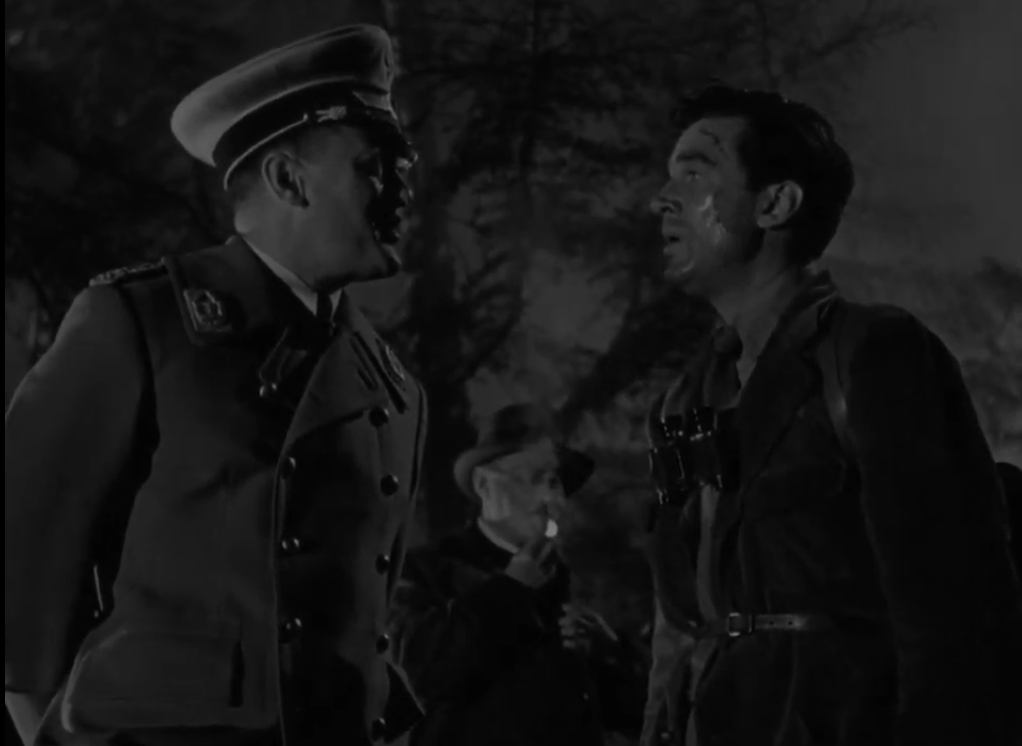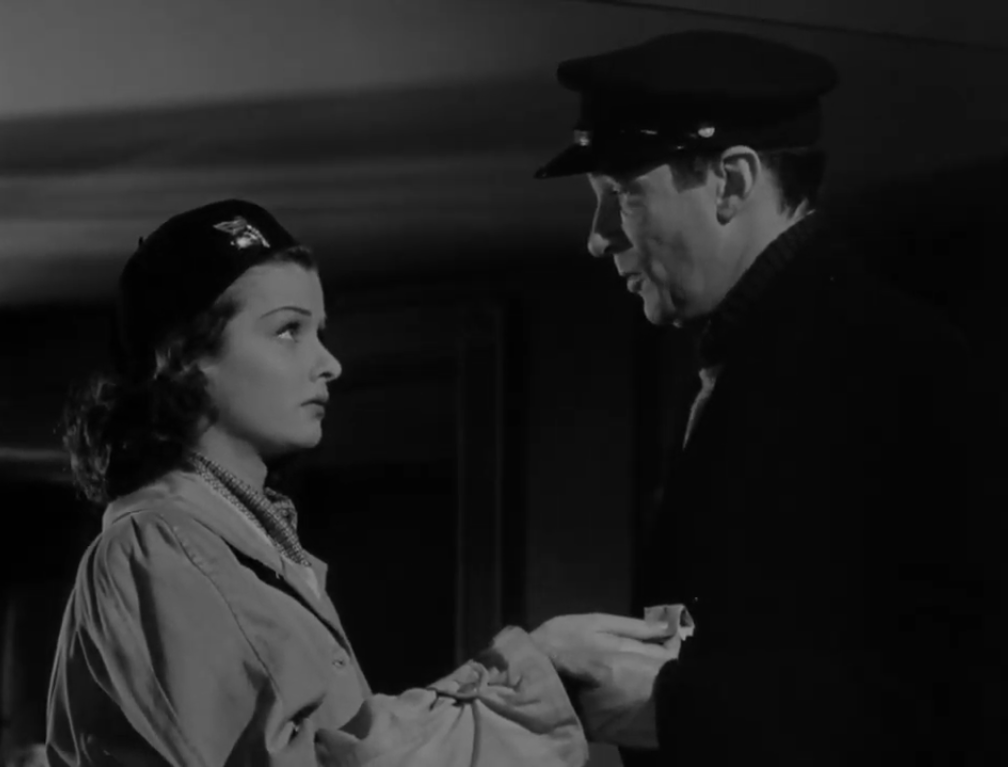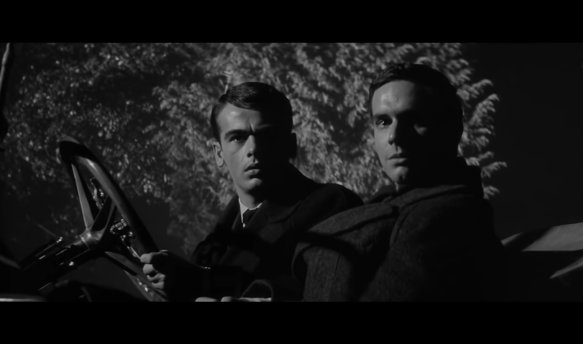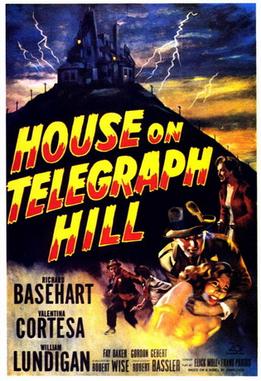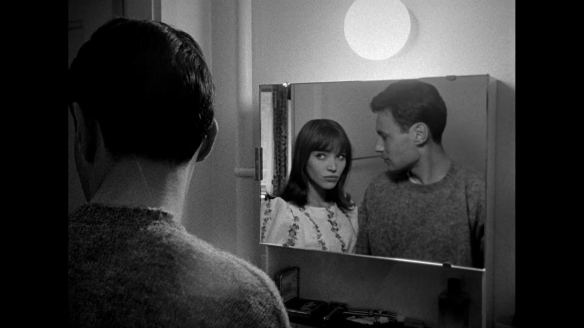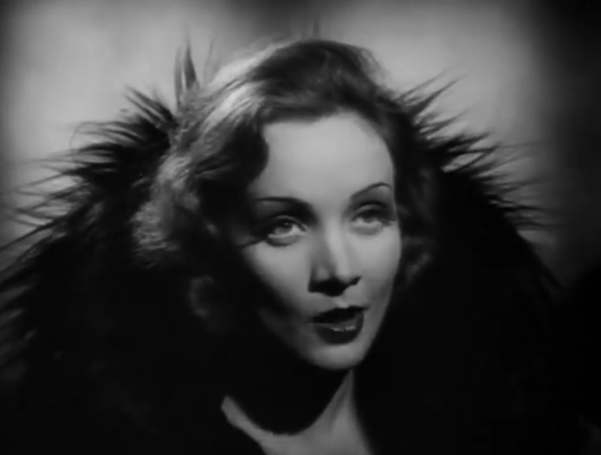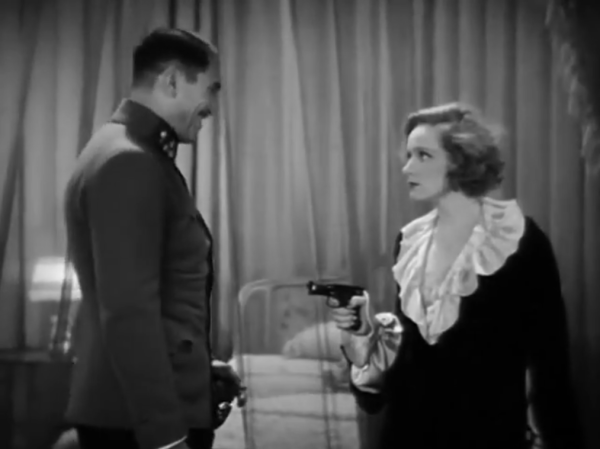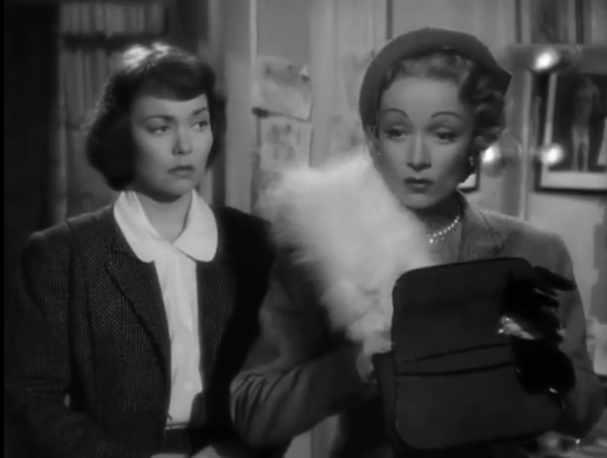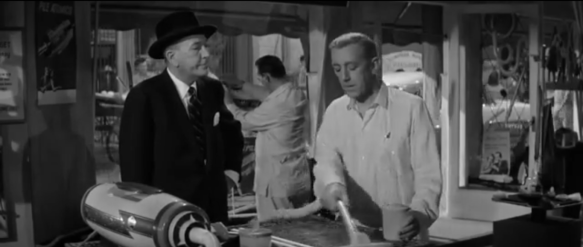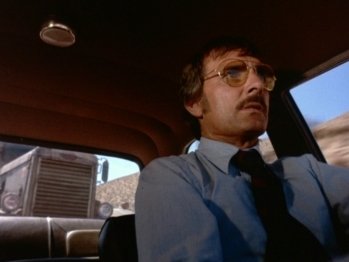I feel like few filmmakers understood the menace of the Nazis as well as Fritz Lang. Perhaps it’s because he had firsthand experience, and he knew their schemes and what they were capable of — at least to a degree. But he does not make them total fools nor distant adversaries. They are cold, calculating purveyors of evil.
We open in a forest laden with the footprints of a hunter. Walter Pidgeon is the man stalking his very contentious prey. You see, he’s looking to assassinate Hilter! As he gets the Fuhrer in his sights, we’re almost willing him to succeed. But of course, this is not an alternate history. Hitler survives and we are led on an entirely different narrative train wrapped-up with a far more treacherous arc.
Captain Thorndike, a famed big game hunter, is foiled in bagging his target and dragged back to the offices of a local Nazi grunt, Major Quive-Smith (George Sanders).
It’s a compromising position to be in and the Englishman tries to plead his case. It was all part of a “sporting stalk.” He never planned to pull the trigger; it was all part of a game because he’s no nationalist and England’s yet to be embroiled in war. Times were very different and yet Thorndike is still taken in as a killer. There’s no recourse to see him as such and torture him until he confesses to his crimes.
This undercurrent of big game hunting humans can’t help but bring comparisons to The Most Dangerous Game and as Thorndike makes his own escape from the German hounds, we are caught up in his primal instincts of fight or flight. Lang is gifting us entertainment that feels like Saturday morning serials pitting the decadence of the English against the primitive barbarism of the Nazis.
Like Night Train to Munich or Lang’s own Ministry of Fear, the peril doesn’t desist with a return to the homeland. Instead, it increases by the hour as he’s trailed back to England and tracked from a cargo boat into the foggy streets. Roddy McDowall is a charmingly precocious ally and even in a small role, you remember why the plucky lad became such a fine star at such a young age.
Joan Bennett is a personal favorite although Man Hunt does her few favors. Jerry is a spunky lass who injects a level of almost screwball levity into the equation thanks to the mish-mashing of social class. Between a shadowy meet-cute and her grating cockney, there’s quite an outcome.
She’s not exactly a creature of breeding and when Thorndike pays a visit to his hotsie-totsie relatives, it’s quite the meeting of the minds: he must share his adventures and his uncle gives him some urgent news from abroad. He leaves Jerry with a token of his appreciation: a straight-arrow hatpin and she bawls her eyes out in the sniveling kid part that feels mostly unbecoming of Bennet. It’s her schoolgirl infatuation setting in.
John Carradine, ever-adaptable to any part he’s called upon to play, sits behind newspapers, sends off homing pigeons, and colludes with other murky agents infiltrating the country all while speaking German freely on the streets. In Lang’s submerged world, heroes and villains alike must skulk around in shadowy interior sets half-hidden by the London mist. It’s as much movie atmosphere as anything else.
Some of the best chase sequences take them through the Underground. We feel this lingering peril afoot as Thorndike is forced to disappear down deserted tunnels and winds up embroiled in the tube murder mystery slapped on the tabloid sheets the following day.
If the threat of Man Hunt eventually burns off, then perhaps it comes with a lessening of the pace and then purpose. We also ditch the darkened tones of lonely, shadowy evenings for Throndike’s hideaway in the country, which feels positively idyllic in comparison.
Although we swap out one German forest in the beginning for a British one in the end, what we really seem to lose out on is the metaphor of a man stalking his prey because the whole picture has become a reversal of that opening image. Except Thorndike spends a great deal of it stuck in the Nazi huntsman’s trap. There’s tension, but it doesn’t make for the most thrilling visual exploration.
The off-kilter moralizing at the end is not unexpected, but it hinders the drama as Pigeon gains his senses and sees Hitler for who he really is. We’re also bludgeoned over the head with a raucous montage superimposing current events and Joan Bennett’s doe-eyed face. The fight must continue!
But taken in the cultural landscape of the time, no matter its theatrical shortcomings, Man Hunt still bears the mark of a prescient picture that dared decry the merciless evil of Hitler and his Nazis when America was still disengaged from what was going on across the world. Appeasement and isolationism seemed like the easiest roads; not necessarily the right ones. That’s a lot easier to affirm in hindsight. In the moment, it was bold.
What’s more, Fritz Lang would follow up Man Hunt with more pictures like Hangmen Also Die and Ministry of Fear as if to make certain no one could ever mistake Nazis for innocuous patriots or forget how destructive they actually were. It’s a propaganda picture, but it doesn’t totally lose sight of good old-fashioned entertainment value even if it’s unsustained.
3.5/5 Stars

